The Association Between Dementia and Mental Illness
 Alzheimer’s is one of the most debilitating diseases among older people. Compounded with the disabling side effects, dementia also makes people more susceptible to mental illness, such as depression, anxiety, or both. Our team at Home to Stay Health Care, your experts at in-home care for seniors in Central and South Jersey, would like to share some information on this topic.
Alzheimer’s is one of the most debilitating diseases among older people. Compounded with the disabling side effects, dementia also makes people more susceptible to mental illness, such as depression, anxiety, or both. Our team at Home to Stay Health Care, your experts at in-home care for seniors in Central and South Jersey, would like to share some information on this topic.
It’s not hard to see why someone with dementia will also have depression or anxiety. If you knew you had a condition where you were slowly losing your memories and your mind, you’d more than likely be anxious and depressed as well. Also, the pathology of this type of illness can cause the physical depletion of the neurotransmitters that affect behavioral factors such as mood and calmness.
Depression
Depression is prevalent among individuals with dementia – particularly through the early and middle stages of the disease. According to the Alzheimer’s Association, up to 40% of people with Alzheimer’s disease also suffer from depression. Dementia can cause this deep sadness to set in due to loss of memories and other stressors, but also, seniors who are diagnosed with depression first have a 70% increased risk of dementia.
A multitude of symptoms come along with depression in patients with dementia – which may not look the same as depressed individuals without dementia. Symptoms may come and go, last for short amounts of time, be less severe or difficult to articulate. Common symptoms of both dementia and depression include:
- Apathy
- Loss of interest in activities and hobbies
- Social withdrawal
- Isolation
- Trouble concentrating
- Impaired thinking
Anxiety
Another mental health condition often diagnosed to people with dementia is anxiety. There are many different forms of this condition, including, but not limited to, generalized anxiety disorder (GAD) and panic attacks. Most of the time, anxiety is prevalent in the earlier stages of dementia when the patient is still aware of their condition. Anxiety is less often diagnosed in people with Alzheimer’s dementia, but more common in people with vascular or frontotemporal dementia (FTD).
According to Alzheimer’s Society, a variety of different psychological, physical and behavioral symptoms may occur in patients with anxiety. Mentally they may feel tired, uneasy, irritable, or struggle to concentrate. Next, physically they may experience fast or irregular heartbeats (palpitations), shortness of breath, dizziness, nausea or diarrhea. Finally, behaviorally they may become agitated, start hoarding, follow their caregiver around the house, or fidget and pace.
Treatment
Drug-Free:
While there are various pharmacological medications that can help with depression and anxiety, there are other things you can try first. Ensuring that your elderly parent or grandparent with this illness is getting regular aerobic exercise has been shown to help with their mood and relaxation. Talking it out with you or friends or with a support group can be extremely helpful in those situations where the cause of the condition is more influenced by their feelings about having dementia as opposed to the pathology of the illness itself. For more severe anxiety, certain psychological therapies may prove most beneficial to these people.
Pharmaceutical Approach:
Drugs such as sertraline (Zoloft) and escitalopram (Lexapro) can be helpful for dementia sufferers who have depression or anxiety. You may even find that these drugs alleviate any agitation and irritability as well. If your elderly loved one has depression but not anxiety, then stimulating antidepressants such as venlafaxine (Effexor) and bupropion (Wellbutrin) may be helpful.
One big catch with the pharmaceutical approach is the seemingly unending list of side effects that these medications typically have. Problems such as headaches, apathy, gastrointestinal upset and insomnia may not sound too bad, but the effects of some of these medicines can also include dizziness, sexual dysfunction and even suicidality.
Professional In-Home Care:
Our team of compassionate at-home caregivers at Home to Stay Health Care are happy to bring you the above tips for helping your loved one deal with depression and anxiety on top of their dementia. While we offer an impressive array of in-home care for seniors in and around Cherry Hill, NJ, we are especially well known for our dementia care program known as the AlzBetter Program. This program brings your elderly loved one compassionate and effective stay-at-home care that keeps them stimulated, happy and safe.












